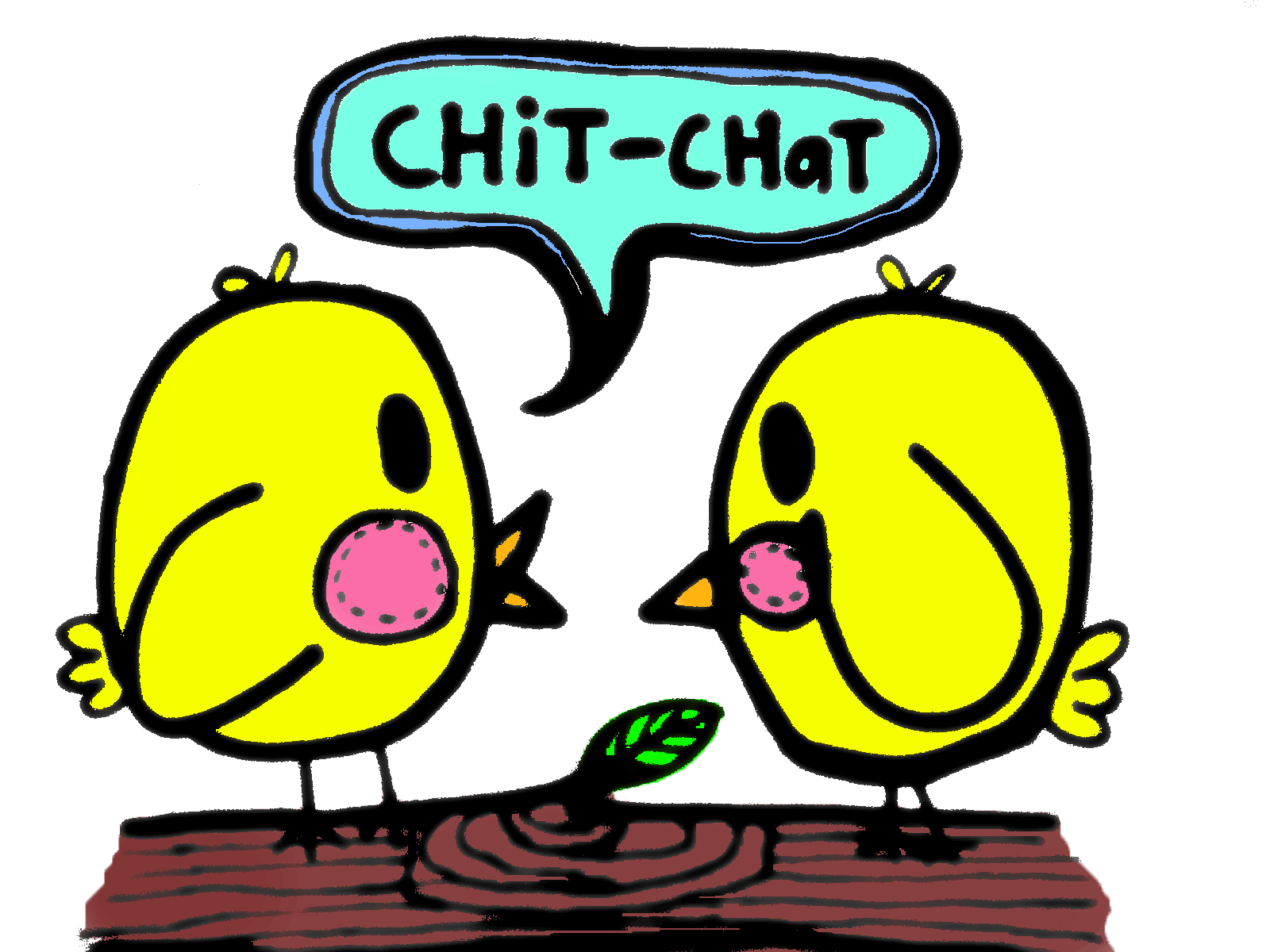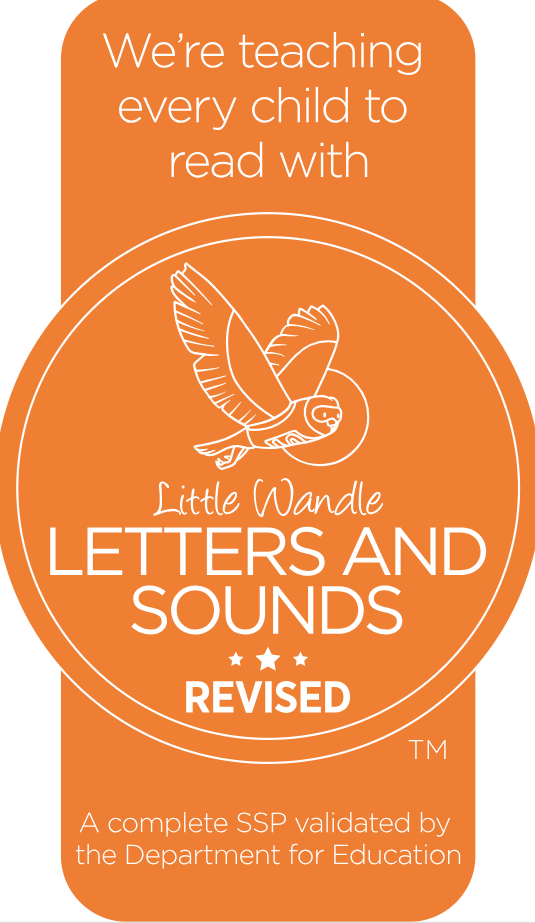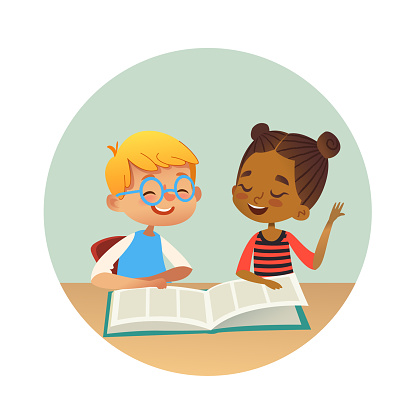English
English Curriculum Aims
A high level of proficiency in English is a huge advantage in life and English is the foundation of our curriculum. Our main aims are to:
- develop children’s spoken language
- develop their ability to read, understand and enjoy a wide range of literature and authors
- become confident writers
Through the use of high-quality texts, immersing children in vocabulary-rich learning environments and ensuring a carefully planned approach to the curriculum, we aim to enable all learners to develop purposeful spoken language, a love of reading and creative writing skills.
Spoken Language
At Violet Way Academy we recognise the importance of spoken language in pupils' development across the whole curriculum. It underpins the development of reading and writing and creates opportunities in school for children to enquire about, explore and develop their knowledge across the school curriculum and beyond. The ability to communicate effectively supports children’s self esteem, confidence, thinking skills and achievement.
across the whole curriculum. It underpins the development of reading and writing and creates opportunities in school for children to enquire about, explore and develop their knowledge across the school curriculum and beyond. The ability to communicate effectively supports children’s self esteem, confidence, thinking skills and achievement.
In order to develop our children as confident communicators, teachers expose them to rich vocabulary in stories, poems, songs and rhymes. They plan opportunities for children to engage in role play, performing as different characters and acting out familiar stories. We ensure children have opportunities to work with a partner, small groups, large groups and as a whole class. Partner work is a key feature of lessons at Violet Way and children are taught from an early age how to be a good talk partner, taking turns, maintaining eye contact and actively listening. Children are encouraged to share their ideas and opinions in respectful ways. Teachers model and narrate their thought processes by 'talking out loud' and encourage pupils to do the same. Children learn how spoken language can support their writing. For example, they learn to say the sentence they want to write aloud several times before writing, which helps them to remember a whole sentence.
Reading

There is very strong evidence that reading is fundamental to children’s success at school and in their lives beyond school. We believe that it is important to teach our children early phonics as soon as possible because fluent readers will learn more as they can read and gain knowledge for themselves. We want to give our children a good foundation by building their phonic knowledge and reading skills. Reading for pleasure is also given a high priority. It is recognised that children who read for pleasure improve their life chances, not just in education, but in mental well-being and social relationships. At Violet Way, we ensure children have the opportunity to hear, share and discuss a wide range of high-quality books, as part of the curriculum and beyond, to develop a love of reading and broaden their vocabulary. We want all children, regardless of background, to read early, build on their success and become confident, independent readers.
their lives beyond school. We believe that it is important to teach our children early phonics as soon as possible because fluent readers will learn more as they can read and gain knowledge for themselves. We want to give our children a good foundation by building their phonic knowledge and reading skills. Reading for pleasure is also given a high priority. It is recognised that children who read for pleasure improve their life chances, not just in education, but in mental well-being and social relationships. At Violet Way, we ensure children have the opportunity to hear, share and discuss a wide range of high-quality books, as part of the curriculum and beyond, to develop a love of reading and broaden their vocabulary. We want all children, regardless of background, to read early, build on their success and become confident, independent readers.
To ensure our children read fluently and with understanding we:
- Teach the phonological skills required to decode texts in our daily Little Wandle lessons in Reception and Y1. Children in Y2 will have a daily phonics/reading lesson
- Assess children’s phonic knowledge half-termly and use this information to check progress from their starting points and re-group accordingly
- Ensure that, whilst children are learning to read, they read from books carefully matched to their developing phonic knowledge
- Ensure that teachers and teaching assistants are aware of the children in their class that are making the slowest progress and provide extra practice through the day for them
- Carefully plan the English learning journey, including key texts, ensuring opportunities for children to talk about the texts they read and develop their understanding
- Build upon prior knowledge and teach reading strategies
- Ask and answer questions about our key texts and class stories
- Ensure opportunities for 1:1 reading
To promote reading for pleasure and a love of reading we:
- Develop children's engagement with, and understanding of, key texts when reading as part of our English lessons, wider curriculum and class stories
- Create a reading rich learning environment, including inviting reading areas
- Visit the school library at least once per week
- Read books to children daily in story time
- Offer reading workshops for parents
- Invite an author or poet into school at least once per year
- Encourage and motivate children's independent reading through our reading reward scheme
- Ensure that children are exposed to a range of fiction and non-fiction texts
- Record, praise and celebrate children's reading across the curriculum
Phonics

At Violet Way Academy, we have chosen to utilise Little Wandle for phonics because it is a systematic, synthetic phonic scheme which engages children in phonics and reading. Teachers monitor pupils’ progress together until every child can read. Children practice reading lively phonics books consistent with their developing phonic knowledge and skill and their knowledge of common exception (tricky) words. This is so that, early on, they experience success and gain confidence as readers. Re-reading and discussing these books with the teacher supports their increasingly fluent decoding. In addition to daily reading lessons, phonics and teaching phonic strategies takes place throughout the school day.
Every child has a Little Wandle to take home weekly. In addition, children also have the opportunity to choose a library book, from our school or classroom library, to read for pleasure. This is a book that the children individually select and may not be matched to their current phonic phase and can be read to them by parents. Children will enjoy listening to a class story, read to them daily by the class teacher.
For further information, please refer to our Phonics Policy.
Writing
As part of each English unit of work, teachers plan the spoken language, reading and writing objectives children need to achieve, utilising the English Curriculum Progression Grids. Each half-termly topic is linked to one or two quality texts to tie the whole curriculum together. Teachers decide on the final writing outcomes and 'plan backwards' from that to ensure children build the knowledge, skills and understanding they need to confidently create an independent piece of writing. Opportunities to write within the wider curriculum are also planned. At Violet Way Academy, talk is a key element of the writing process as it enables learners to compose a sentence that makes sense, rehearse the sentence they want to write, hear the words they want to write in order and think about the phonemes they can hear in each word. Talk partners are a consistent feature of every classroom, ensuring that all pupils have the opportunity to share their ideas, ask questions, problem solve and rehearse sentence composition.

Miss Nicholson
